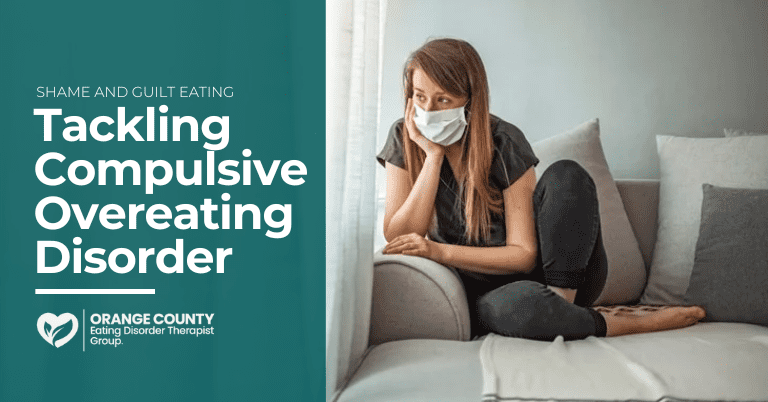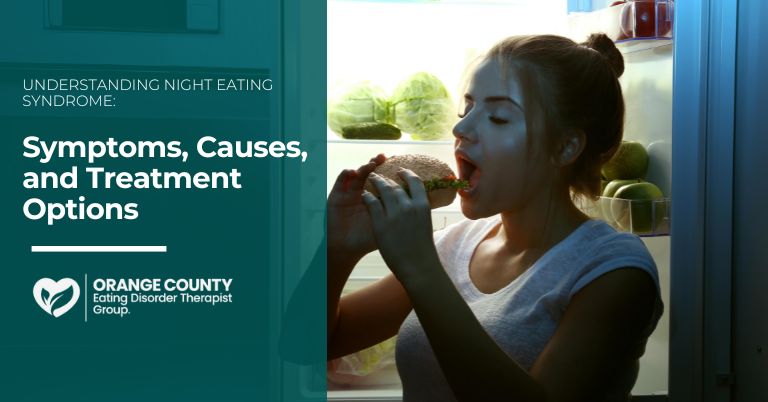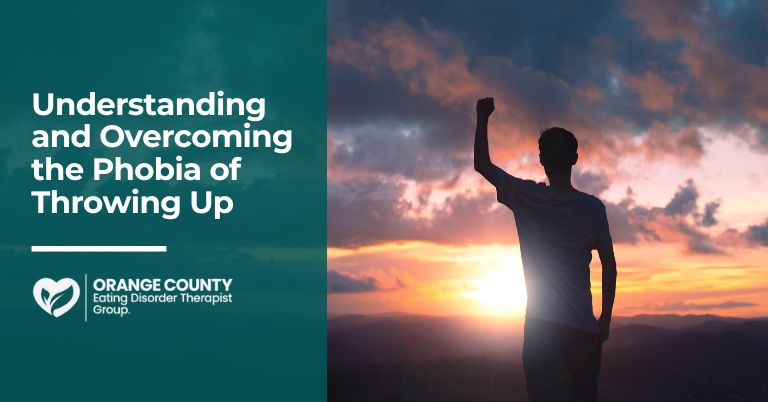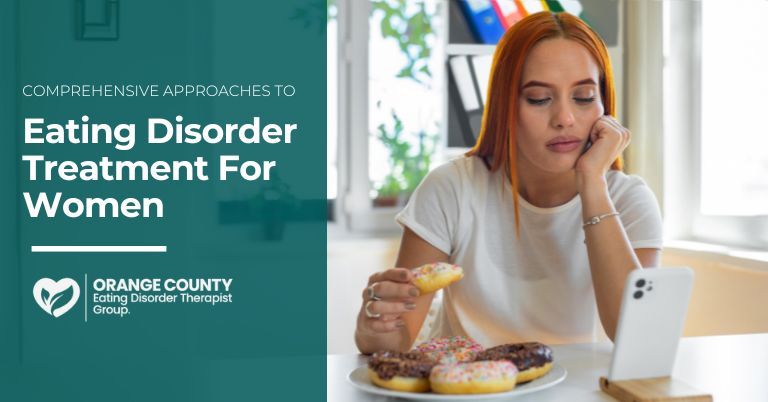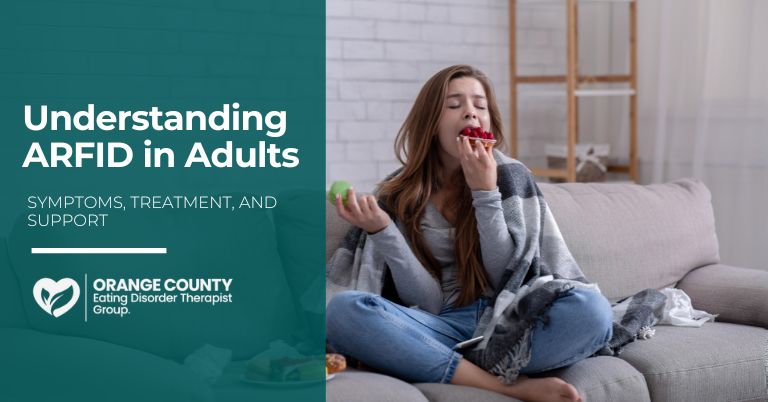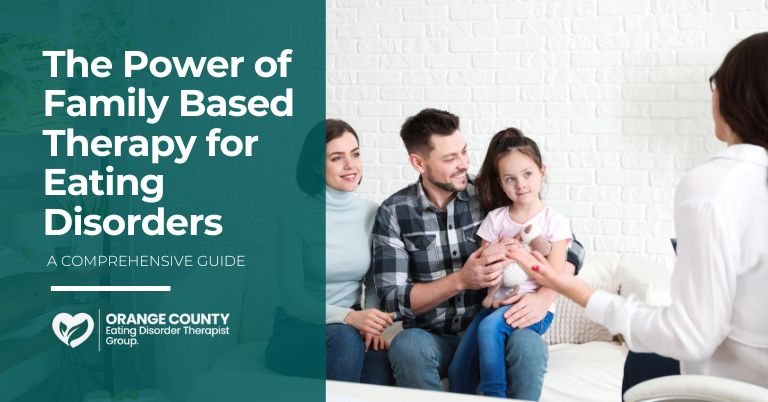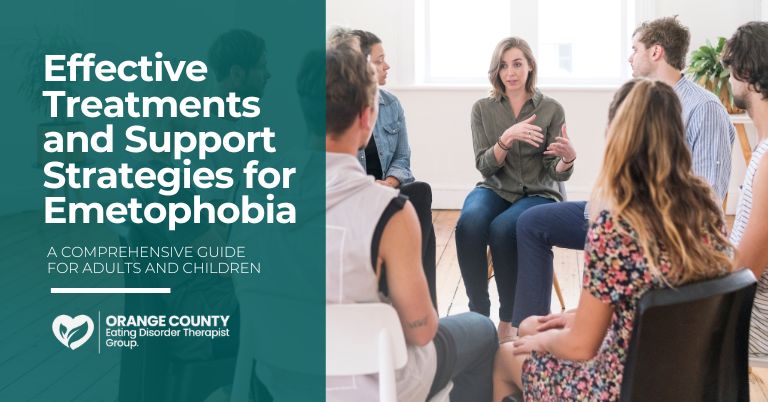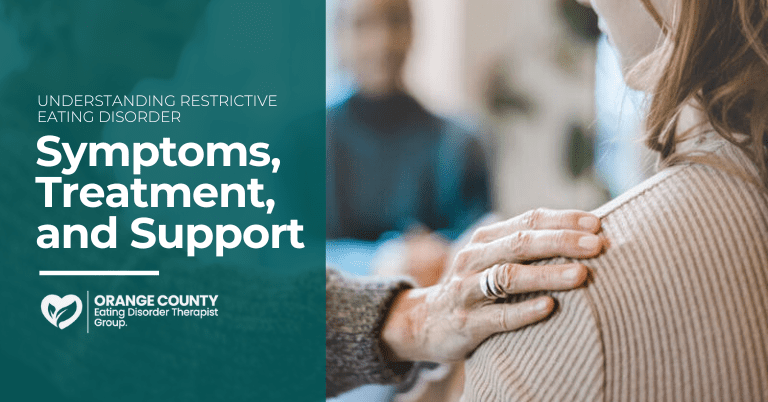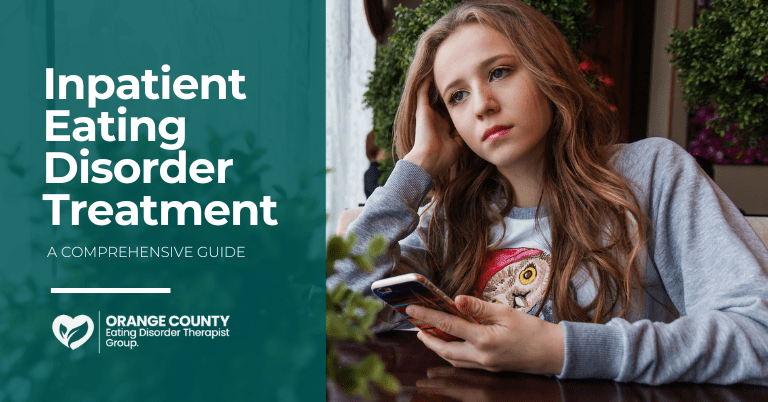Compulsive Overeating Disorder
Compulsive overeating disorder, characterized by excessive and uncontrollable eating, differs from occasional overindulgence in that it occurs regularly and feels out of control. It is the most prevalent eating disorder in the United States. Those affected may experience embarrassment and guilt over their eating habits, often consuming food alone or in secret due to shame.
Unlike anorexia nervosa, which involves severe food restriction, and bulimia nervosa, characterized by bingeing followed by purging or excessive exercise, individuals with compulsive overeating disorder do not consistently engage in purging behaviors.
While occasional purging or exercise may occur, it is not a regular part of their routine following a binge. Effective treatment for compulsive overeating disorder is available, offering hope and support for those seeking to regain control over their eating habits and overall well-being.
Who is at the greatest risk for developing a compulsive overeating disorder?
Binge-eating disorder, often more prevalent in women than men, can affect individuals of any age but is commonly observed in younger and middle-aged demographics, with the average onset occurring around 25 years old. This disorder transcends weight categories, impacting individuals who are underweight, overweight, or at an average weight.
Many individuals with compulsive overeating disorder have a history of chronic dieting, experiencing repeated attempts and failures with various weight loss regimens, leading to poor body image and emotional distress. Triggers for binge eating often stem from restrictive dieting practices, with individuals succumbing to compulsive overeating episodes as a result.
Furthermore, compulsive overeating disorder is often associated with co-occurring conditions such as depression, high stress levels, or the use of food as a coping mechanism for intense emotions. Seeking professional help from an eating disorder therapist or eating therapist is crucial for those struggling with compulsive overeating disorder, as effective treatment strategies can provide support and guidance in navigating recovery and improving overall well-being.
How do I know if I have a compulsive overeating disorder?
- Eating unusually large amounts of food in a specific amount of time, such as over a two-hour period.
- Feeling that eating behavior is out of control.
- Eating even when full or not hungry.
- Eating rapidly during binge episodes.
- Eating until uncomfortably full.
- Frequently eating alone or in secret.
- Feeling depressed, disgusted, ashamed, guilty, or upset about eating.
- Frequently dieting, possibly without weight loss.
Compulsive overeating disorder can lead to various health complications, including:
- Obesity
- Joint problems
- Heart disease
- Type 2 diabetes
- Sleep apnea
Additionally, it can impact social functioning, leading to:
- Isolation or withdrawal from others
- Increased anxiety, depression, and substance use disorders.
Seeking guidance from an eating disorder specialist or an eating disorder dietician is crucial for individuals seeking effective treatment and support in managing compulsive overeating disorder.
Compulsive Overeating Disorder Treatment
Overcoming compulsive overeating disorder poses a significant challenge as individuals must navigate food-related situations essential for survival and social interaction during recovery. However, complete recovery is achievable, with many individuals successfully overcoming binge eating.
Effective compulsive overeating disorder treatment addresses the emotional components intertwined with binge eating, such as shame and poor self-image. Professional intervention is often necessary, as relapse is common without addressing these underlying issues. A combination of cognitive behavioral therapy (CBT) and medication, such as antidepressants, can assist individuals in managing triggers, negative body image, and depression, fostering a sense of control over behaviors and enhancing stress management skills.
Simultaneously, working with a counselor for Eating Disorder Counseling can be invaluable in reframing one’s relationship with food, ensuring proper nutrient intake, devising meal plans, and receiving support in navigating social settings involving food.
Conclusion
While binge-eating disorders are serious, full recovery is possible through comprehensive compulsive overeating disorder treatment. If you or a loved one is experiencing concerns regarding eating patterns, consulting with your healthcare team is vital to initiate appropriate support and intervention.
Learn more about compulsive overeating disorder treatment on OCEATING.

